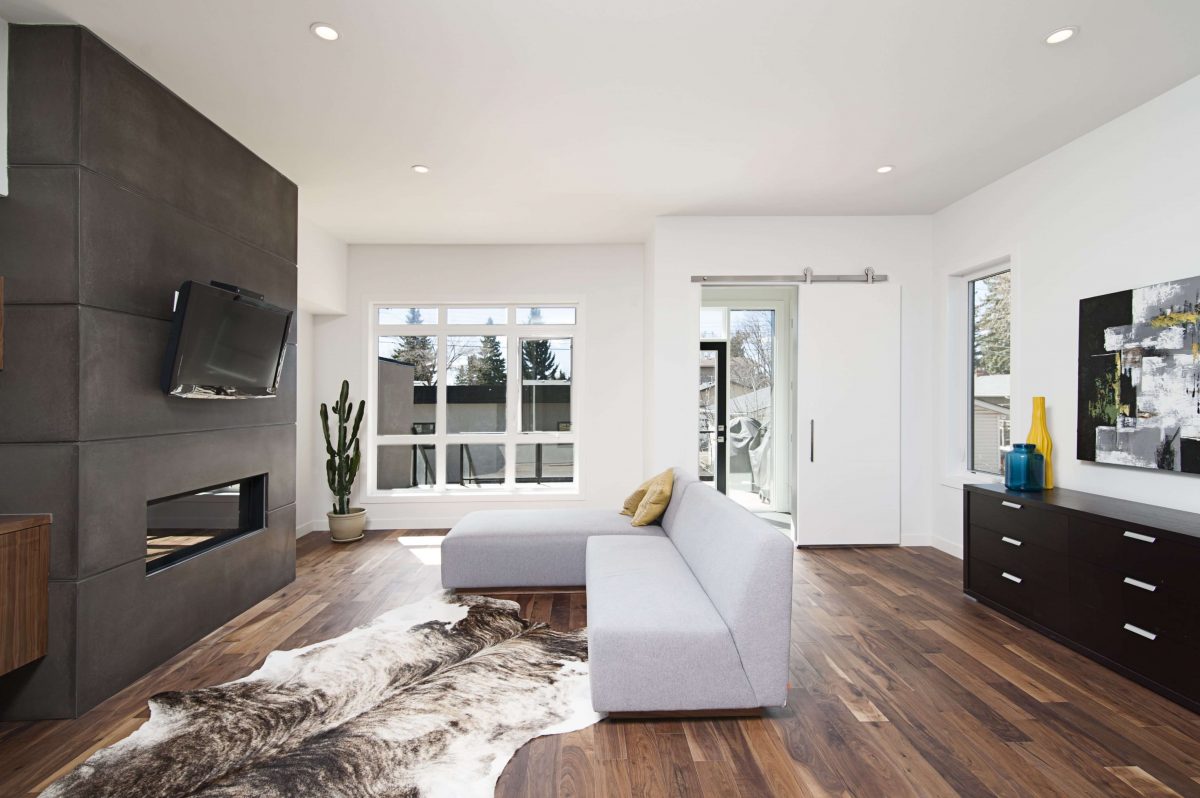In today’s low-inventory housing market, real estate investors are looking for any way to get an advantage over the other buyers when putting in an offer on a property.
Part of that strategy is not to buy in cash. If you have the means, an all-cash offer is a great way to fast-track a deal. A seller, more often than not, will consider a cash deal over a mortgage. The deal’s success isn’t reliant on a lender’s approval following an appraisal, and you’ll own the home outright after the transaction with no mortgage.
“With two similar offers, all cash or financing, it’s likely that an all-cash offer would be the most attractive and less risky to the seller and seller’s agent.”
“For Non-U.S. citizens, cash transactions make up a majority of Real Estate investments due to what is perceived as the lack of access to consistent and affordable financing options. However, that is not true any longer. Our focus is being able to provide competitive, viable, and easy access to U.S. mortgage loans for non-U.S. citizens. And we’ve done it to perfection.”Donald Klip
BUT EVEN IF YOU HAVE ENOUGH LIQUID ASSETS TO PURCHASE A HOME WITHOUT A LOAN, IS IT ALWAYS A GOOD IDEA?
Here are several reasons not to buy a home with cash:
LIQUIDITY, LIQUIDITY, LIQUIDITY
You always hear the axiom in Real Estate – Location, location, location, and although that may be true, it’s not wise to purchase a home with cash if you have only just enough liquidity to pay for it. Liquidity issues at some point in time affect everyone.
The inability to move currency across borders to cover large expenses could also be a factor. It’s essential, especially as a non-U.S. citizen, to have access to available funds for any number of unexpected needs, from a new roof to other large repair expenses.
You may even want to have enough funds on stand-by to sustain the mortgage if the property goes un-rented.
ACCESS TO SOLID FOREIGN NATIONAL MORTGAGES ARE AVAILABLE
With a down payment of 30 percent or more for a foreign national mortgage loan, you don’t have to worry about additional mortgage insurance when it comes to a standard U.S. conventional loan. With a lower LTV (loan-to-value), a lower interest rate will normally be available due to the lower risk lenders perceive that you’ll default on the loan.
For the younger generations looking to invest in a market that doesn’t have a huge sticker shock, acceptable yields, and stable appreciation, obtaining a mortgage is a smart move.
“Unlike their parents and grandparents, Millennials in Asia are more comfortable with taking on a mortgage loan,” says Donald Klip. He notes the younger generations’ familiarity with the U.S. credit market from either extensive travel or schooling makes taking on debt an easier choice than for older generations that have built up Real Estate wealth over time but may not be accustomed to having mortgage loans.
Although interest rates may be on the rise, they remain low compared to previous decades. With 30% down, the rates are still favorable and fixed for periods of 5, 7, 10, or 30 years. America Mortgages is currently offering fixed-rate mortgages at slightly over 6% without verifying income, U.S. credit, or residency. Compare that to the 1980s, when a foreign national mortgage loan was almost impossible to obtain, and mortgage rates were at an all-time high of 18%, there is no question on why you should leverage up.
MORE BANG FOR YOUR BUCK
Even if you’re looking to buy an investment property outside a pricey metro area such as NYC, San Francisco, Washington DC, or L.A., and if you have enough funds to pay outright, you’re likely sitting on a sizeable amount of capital. However, the decision isn’t necessarily between buying a property outright or keeping money earning very little in the bank. Consider other forms of investment to grow your wealth. Use those funds and your cash to “leverage up” by purchasing more than one investment property, increasing your portfolio and holdings quicker.
YOU’LL MISS OUT ON POTENTIAL TAX BREAKS
Although we suggest discussing any potential tax benefits with your tax advisor, most homeowners with a mortgage receive a tax benefit on the interest paid to the lender. The larger the mortgage, the bigger the benefit, increasing the yield potential of your investment.
ALWAYS WEIGH THE PROS AND CONS
In an extremely competitive Real Estate market, an all-cash offer can provide the edge you need to get the seller to consider your offer more seriously than others. Often your offer may not be the highest, but the seller knows an all-cash off will make the closing process easier.
If you want to obtain financing, keep in mind that the seller may consider an offer that allows for easier financing. Often larger down payments and smaller mortgages will also be considered easier to close mortgages as it’s less risky for the lender.
“We do it all day, every day. It’s not difficult if you know the terrain and have the right relationships, and in most cases, we can find a U.S. mortgage loan for every non-U.S. Citizen or Expat client. Most U.S.-based mortgage lenders look at a borrower’s U.S. credit history to determine their ability to repay a mortgage loan.
However, at America Mortgages, we understand that as a non-U.S. citizen, you normally don’t have a U.S. credit, and often can’t show income in a manner in which the lender will approve.If a borrower was attempting to search this for themselves, be prepared. Finding a lender in the U.S. to understand your situation becomes time-consuming, frustrating and often unobtainable, not to mention staying up late at night in Asia to answer questions or provide documents. Our job is simple; to understand the complexity of analyzing risk, calculating foreign income, and alternative sources of acceptable credit verification to find our client the best possible loan.”Donald Klip
If you’re a non-U.S. citizen looking to invest in U.S. Real Estate, we recommend sending America Mortgages an enquiry. Who knows, you may be on your way to Real Estate investing before you know it.
For more information, please contact [email protected].









